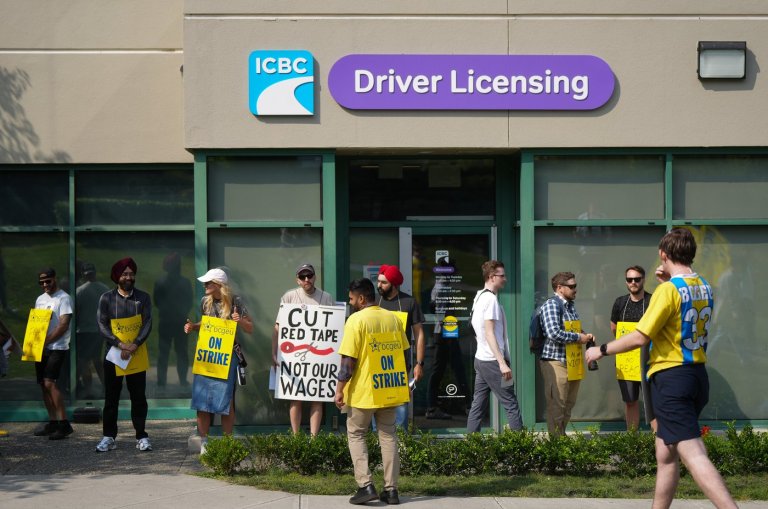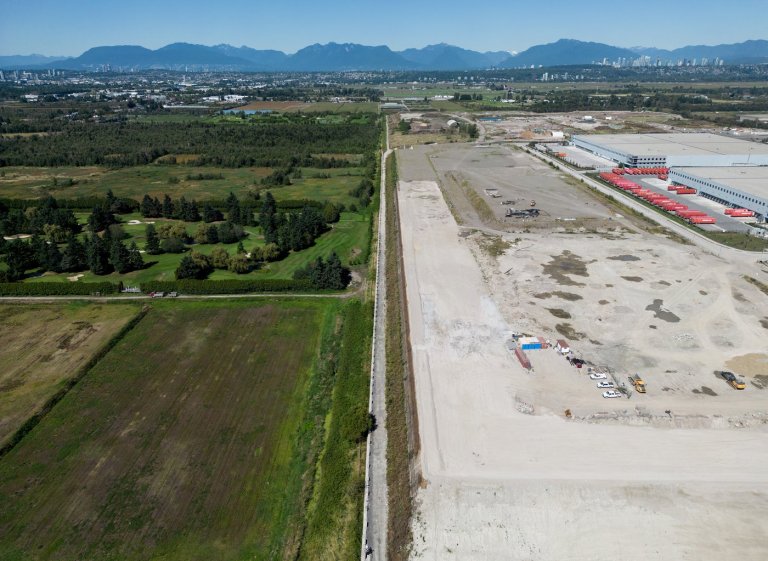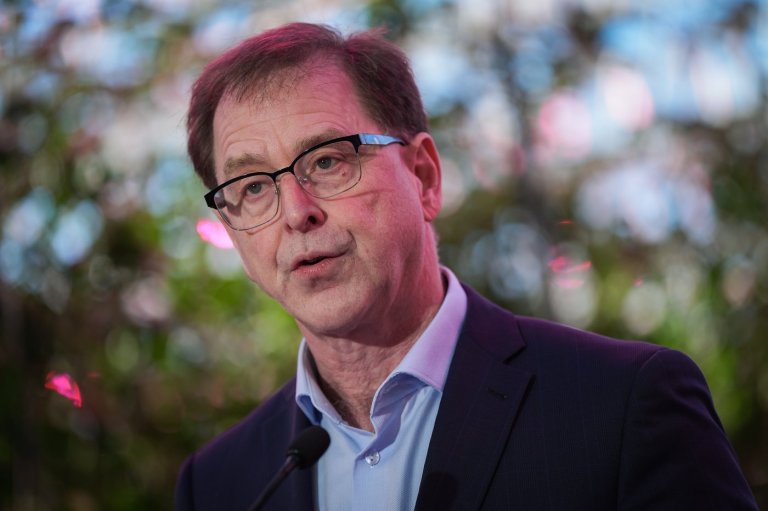Municipalities say B.C. downloads DNA fees on cash-strapped communities
VICTORIA – A dispute between cities and the British Columbia government over funding of police DNA testing has erupted into a nasty public sparring match.
The head of the Union of B.C. Municipalities said Attorney General Suzanne Anton is wrongly blaming the federal government for her decision to dump higher police DNA testing costs onto cash-strapped communities.
Al Richmond said Anton must clarify the province’s authority to transfer the extra costs to municipalities and explain to taxpayers why B.C. is the only province in Canada to download DNA testing costs.
He said Anton has advised the UBCM to talk to the federal government, but that’s not fair.
“Our contract is with the provincial government, not with the federal government. We’re not going to be contacting the federal government and saying, ‘What’s going on?’ If I contacted Telus about a Bell contract, they’d tell me to talk to Bell.”
Anton was not available Thursday.
She said in a statement Wednesday that the former Conservative government revised the DNA funding model, requiring the province and municipalities to pay more.
“Unfortunately, this means the costs fall to both levels of government and we recognize the burden this federal decision places on municipalities.”
Richmond disagreed, saying changes in the federal funding model do not mean costs should be passed on to local governments.
Anton said in the statement that the UBCM was aware for more than a year that funding changes were coming.
“I encourage them to raise these directly with the government of Canada,” she said, adding B.C. will continue to subsidize DNA testing and help municipalities by contributing $1.3 million annually.
The province paid an extra $1.2 million last year and will pay an additional $1.7 million this year for the testing, which police and others use to identify individuals by the unique characteristics of their DNA, Anton said.
Richmond said the province has signalled it will cap funding for DNA testing at $1.36 million annually, while costs are set to rise to $4.4 million within five years, which means municipalities will pay $3 million.
“Local governments already have their hands full paying for policing,” Richmond said. “There is no room in our budgets to also pay the province’s bills as well. Blaming the federal government for a decision unique to B.C. does not hold water.”
Join the Conversation!
Want to share your thoughts, add context, or connect with others in your community?
You must be logged in to post a comment.



















